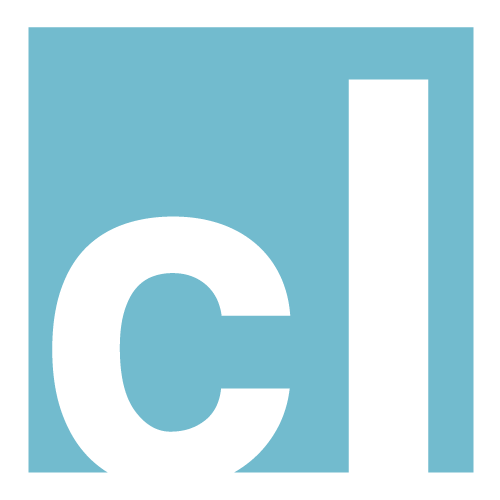The Educator’s Paradox in 2020: Guiding Learners Through Disruption With Integrity and Purpose.
By Dr. Cristo León last updated 07/06/2025.
In the educational landscape of 2020, a paradox emerged: students needed educators not less, but more than ever.
The role of the educator is not to compete with emerging tools but to mentor their thoughtful use. It is to challenge learners to engage in demanding intellectual and social practices today that will serve them in the future. Equally important, educators are called to embody the values of curiosity, integrity, and perseverance that underpin meaningful engagement in knowledge communities.
Historically, educators have navigated successive waves of technological and institutional disruption. This experience has cultivated both caution and openness: some respond to change with apprehension, others with enthusiasm. However, such divided postures often present students with a confusing set of messages, particularly when they are encouraged to defend one stance over another rather than develop a reflective, critical orientation toward change itself.
More than ever, the role of the educator is indispensable. We are charged with cultivating in students the capacities necessary to discern, adapt, and act ethically in the face of ongoing transformation. These capacities are not merely instrumental; they are foundational to sustaining intellectual agency and civic responsibility when the next paradigm shift arrives—as it inevitably will.
The enduring responsibility of educators is not simply to transmit knowledge but to help learners situate themselves in a world of uncertainty, to engage collaboratively, and to confront the tensions that accompany progress. In this sense, the educator remains a central figure in ensuring that disruption becomes an opportunity for growth rather than disorientation.
